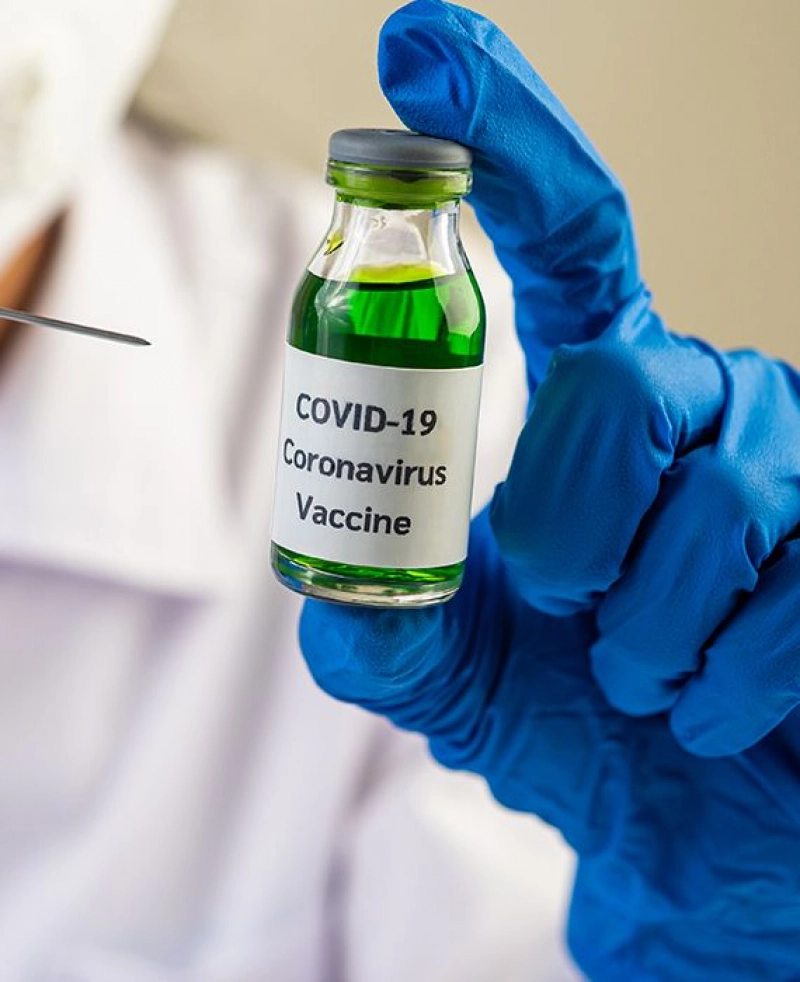By: Devika Kandelwal
July 17 2020

Information published by an international group of security services state that Russian spies are targeting organisation trying to develop a vaccine.
Information published by an international group of security services state that Russian spies are targeting organisation trying to develop a vaccine. A warning published by the U.K.'s National Cyber Security Centre (NCSC), the Canadian Communication Security Establishment (CSE), the United States Department for Homeland Security (DHS) Cyber-security Infrastructure Security Agency (CISA), and the U.S. National Security Agency (NSA) state that Russian spies are targeting Covid-19 vaccine research in the U.K., U.S., and Canada. The warning has been based on the U.K.'s assessment of the situation, which they have shared with the U.S. and Canada. However, the warning does not specify what organizations are being targeted in these countries. They further said that hackers exploited software flaws to access vulnerable computer systems and used malware called WellMess and WellMail, to upload and download files from infected machines to get information on the vaccine they are trying to develop. The NCSC has called out a hacking group called APT29, also known as The Dukes or Cozy Bear, and claims they are responsible for the hack. The same group has been linked to attacks on the U.S. Democratic Party in the run-up to the 2016 elections. NCSC also stated that they are more than 95 percent certain that the group is part of the Russian intelligence services. Russia has denied responsibility and has said that they do not have any information about who may have hacked into pharmaceutical companies and research centers in the U.K. The COVID-19 pandemic has given rise to a lot of potentially dangerous misinformation. For reliable advice on COVID-19 including symptoms, prevention and available treatment, please refer to the World Health Organisation or your national healthcare authority.